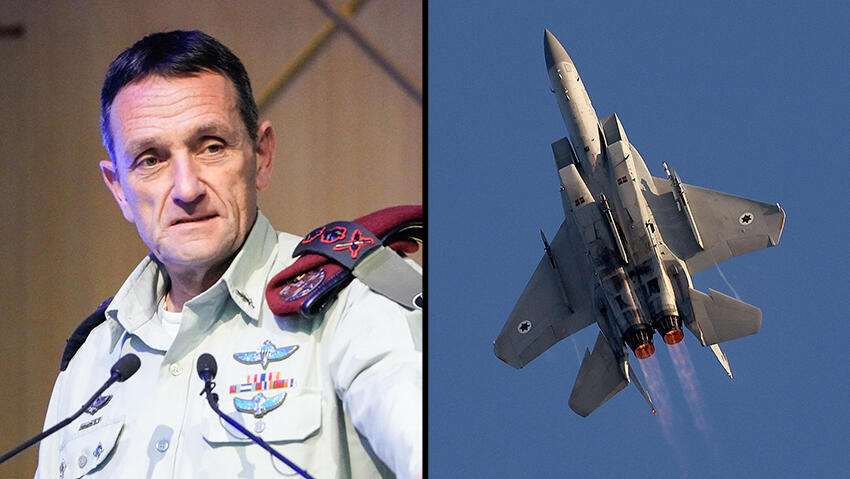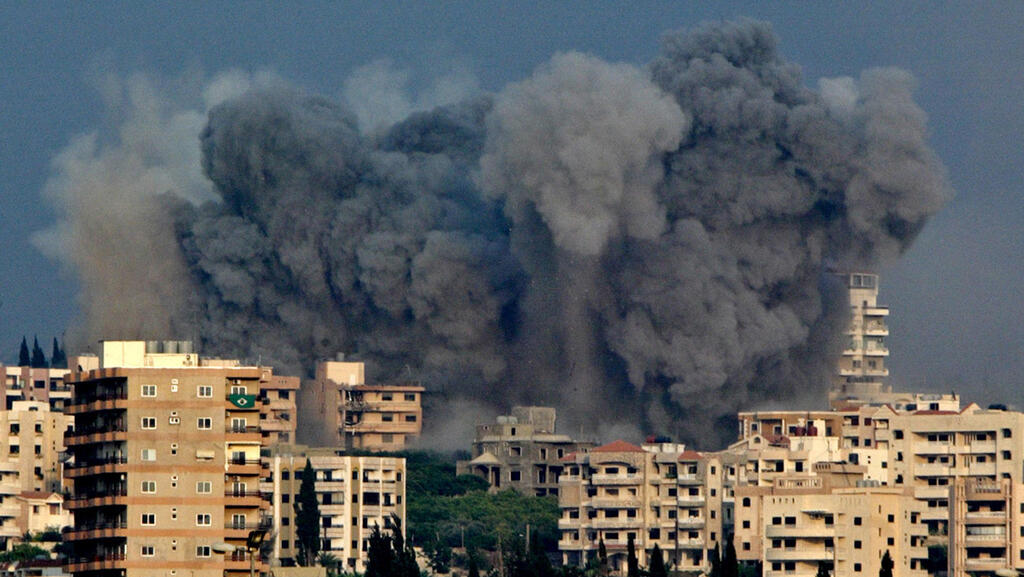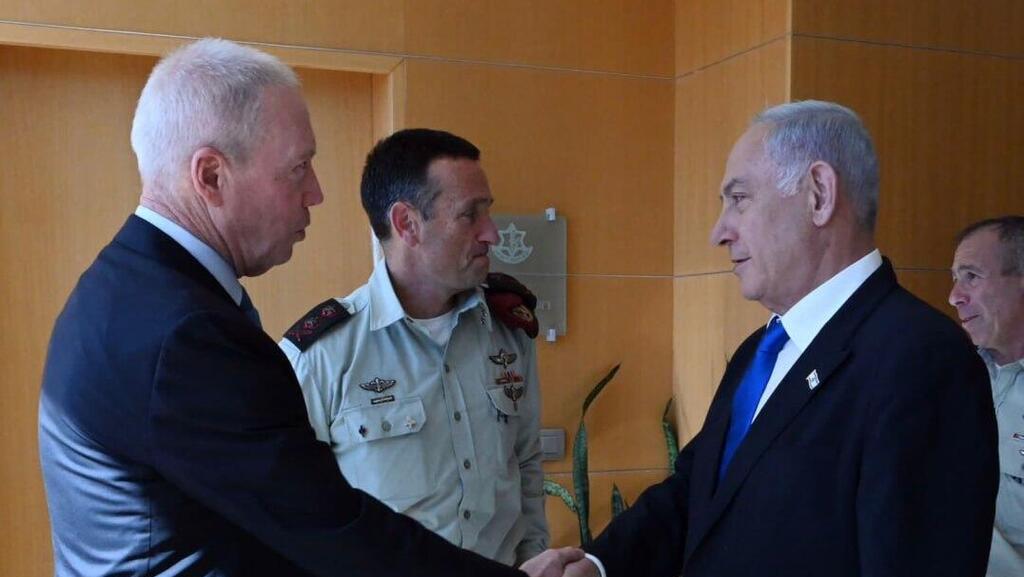Getting your Trinity Audio player ready...
Currently, a hot topic in the realm of security revolves around the preparedness of the IDF. The intensity of focus on this matter is undeniable, with the most prevalent questions centering on to what extent the IDF and the Israeli Air Force readiness is compromised.
Read more:
This isn't just a subject of interest for the public and media, but also among ministers in the security cabinet. Everyone is seeking – beyond the authoritative statements of the IDF Chief of Staff and top officials – additional numbers that either corroborate or challenge the assertions of the heads of the security establishment.
At first glance, these are critical and existential questions from individuals who harbor concerns for both the nation's security and their personal safety. However, the truth remains that there are no definitive and well-founded answers. The reason for this lies in the fact that military preparedness is an intricate concept that is challenging to objectively define.
In essence, the preparedness of the IDF is unchanged, as long as it is capable of executing the critical offensive and defensive tasks necessary for safeguarding the security of the nation and its citizens. However, there isn't a set timeframe for a scenario in which the IDF's preparedness will be compromised, even in the case of widespread refusal of reservists, to serve. A complete lack of readiness doesn't appear to be on the horizon. Theoretically, it's possible, but that's not the current situation.
The closest the IDF came to a "lack of readiness" was during the Second Lebanon War in 2006. The preparedness of the ground forces and the Intelligence Corps was severely compromised after extended deployments and counter-terrorism offensives, during the Second Intifada. However, the Air Force maintained full readiness and turned the situation around. Moreover, that very summer it managed to instill deterrence in Hezbollah and the Iranians, ensuring quiet along the northern border that is still for the most part a reality, today.
Therefore, it's crucial to grasp the concept of "military readiness" and when to be concerned if it's compromised. Military readiness comprises four key components:
- The level of training and skills possessed by the combat forces on land, in the air, and at sea, as well as the logistical and intelligence units that support them. These skills are primarily built on professional proficiency and the experience of both combatants and support personnel.
- Quality and quantity of combat equipment, along with amounts of ammunition supply and replacements of all types available to the military at any given moment.
- The numerical strength and operational capacity of combat units to perform their assigned missions expediently.
- The most crucial component is the motivation level of the front-line troops. For instance, the mass desertion of soldiers in the Imperial Russian Army during the Bolshevik Revolution and other instances of mass desertions during different periods rendered these armies ineffective within a matter of days.
Hence, the two critical components without which an army is deemed unfit are motivation and the level of training and skill. When considering all these components, it becomes evident that the IDF is currently in reasonable, and even good, operational readiness, which is projected to persist until mid-2024.
Naturally, it's understood that an army can remain capable even in a situation where maximum readiness in terms of equipment and even training might not be attainable. History shows that armies have fought and triumphed in situations where they were outnumbered and where their training and available equipment were subpar and outdated. In essence, motivation prevailed. This was evident in Israel's War of Independence in 1948, and similarly in Ukraine since last February, where despite seemingly low levels of readiness, there wasn't a single military expert who predicted a swift victory for the Russian army, despite its apparent full and surplus readiness.
It's impossible to talk about a "lack of readiness in the IDF". Instead, we can and should discuss anticipated readiness, which, while it may not prevent the IDF from defending the State of Israel and fulfilling its duties, comes at a much heavier cost compared to a scenario where the IDF is in reasonable or good operational readiness. Consequences such as frontline soldier casualties, civilian casualties in rocket attacks, aircraft losses, tank losses, and the destruction of civilian infrastructure like hospitals and power stations will all be significantly graver if the IDF - or specific units within it (primarily the Israeli Air Force and the Intelligence Corps) - are in a state of anticipated or absent readiness.
It is my belief that the Defense Minister, the Chief of Staff, and the top military brass are at fault for reporting to the political echelon and the public about "lack of readiness", without clarifying the practical and strategic implications of these vague terms - which ultimately signify greater loss of life and more devastation in the next conflict.




